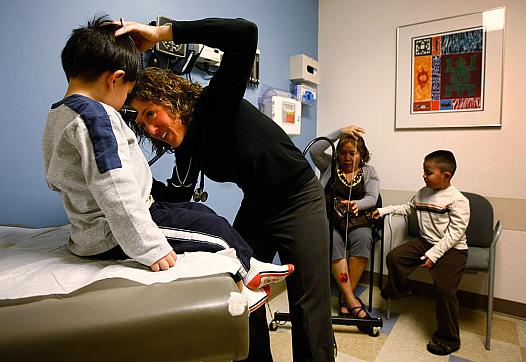
The annual Data Book published by Kids Count this week feeds into a larger news trend of late that has emphasized broad gains in children's health and morality rates.

The annual Data Book published by Kids Count this week feeds into a larger news trend of late that has emphasized broad gains in children's health and morality rates.

Children are consistently switched from one Medicaid insurance company to another without their parents' consent, and pediatricians continue to have trouble getting their patients the medication and treatment they need, a new survey of Florida pediatricians finds.
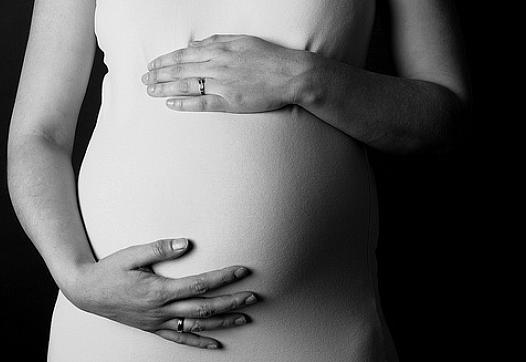
Tennessee was one of four states that recently passed important new laws taking aim at the country's high maternal death rate. Yet you’d be hard pressed to find out about the legislation from reading the news.
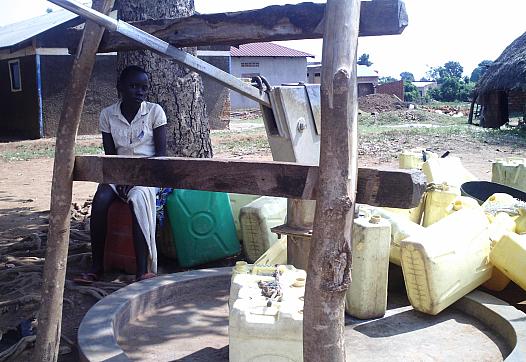
For many young women in rural Eastern Uganda, access to clean water is just one of many obstacles barring educational achievement and an escape from generational poverty
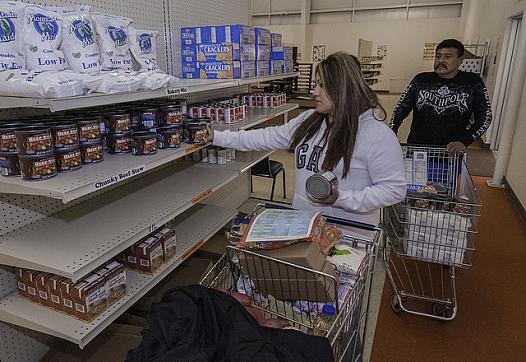
For a reporting project on food insecurity in Native American communities, finding the data was the easy, writes Lenzy Krehbiel-Burton. But finding families willing to talk candidly about the problem was much harder.
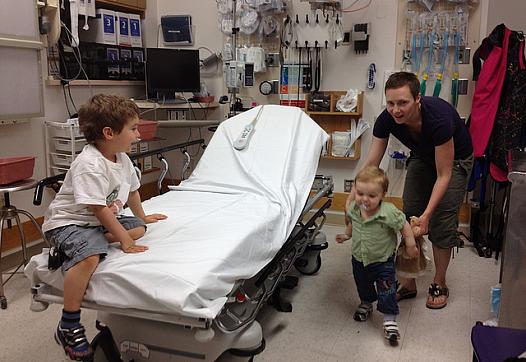
A new report gives a fresh look at how much care privately insured kids are using and how much it costs. While kids aren't using more care, the care they're receiving is getting more expensive.

This week, California officially begins enrolling eligible undocumented kids in the state's Medicaid program. Here are a few things to keep an eye out for as the enrollment effort gets going.

"Finding women who would be candid about their stories of abuse was incredibly difficult," writes The Atlantic's Olga Khazan, whose fellowship series explored interventions designed to curb child abuse.
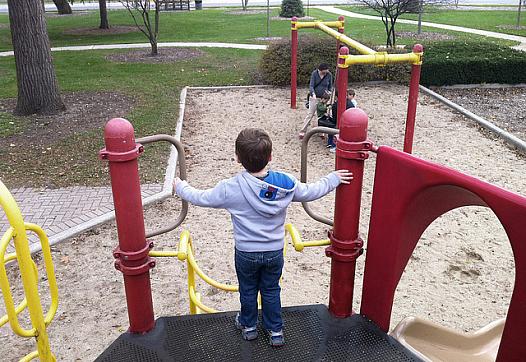
Researchers published a study this week that describes an uptick in reports of playground brain injuries. Although the increase was negligible, much of the media coverage failed to put the risks in context.
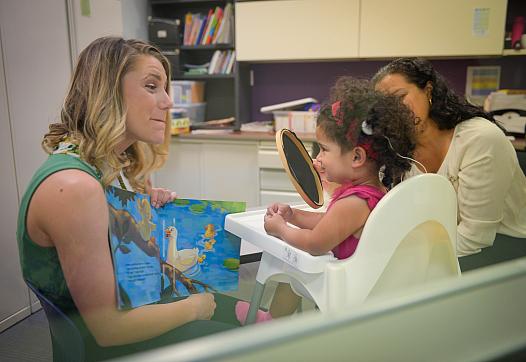
A hearing clinic trying to balance financial reality with needs of children on Medicaid reaches out for community support.